A Profile by KRM Caseworker Mariel Smith
On February 9, 2014, Ramez Alnashef’s day began like any other: he woke up in his Aleppo apartment that morning, had breakfast with his wife Asmaa and their three young children, and headed to the local school where he taught Arabic. The war in Syria was becoming more widespread, but he had no plans to leave town. His family owned a successful local business, and he was certain he could continue teaching, keep his head down, and wait it out.
That evening after dinner, a barrel bomb ripped through five floors of his apartment building, exploding inside his home. The blast killed several of his extended family members and severely maimed others.
“It was a miracle we survived at all,” he says. “There were no cars, no people. Neighbors helped us get our children out of the rubble. It was very difficult. Indescribable.”
Ramez and his family are just five among the millions of Syrians caught in the crossfire between the Syrian regime’s military and armed rebel groups. “We were trapped under their feet,” he says.
The journey out of Syria was a harrowing one. The family — with three children all under 10 years old at the time — bought a small tent to sleep in and traveled at an excruciatingly slow pace by car and foot to the neighboring city of Raqqa. ISIS soldiers in Syria were on the lookout for refugees and would detain them on sight. For this reason, a trip that normally took 30 minutes by car now took 24 hours. The family waited in Raqqa for almost a month before it was safe to make the trip across the border to Turkey. For two nerve-wracking days, the family crawled slowly and carefully toward the border, stopping frequently to hide from roving ISIS militants and Turkish soldiers.
The crossing itself required travel through underground tunnels into Turkey. Ramez was lucky enough to have the means to pay the hefty fees to smugglers in Syria and Turkey. He hoped that they would be trustworthy and help his family.
“Sometimes these tunnels were filled with water up to your chest or higher,” Ramez explains. “You had to cross whether there was water or not.”
Some had to wait several hours in these tunnels until their smugglers told them it was safe to emerge on the other side.
Once in Turkey, Ramez found work with UNICEF, teaching Arabic to Turkish students, and his family was able to have a stable life. His 8-year-old daughter, however, had a disability that required special medical care. There was no school, therapy, or treatment for his daughter in Turkey—but there was treatment in the United States.
“This is the reason I had to come to America,” he says. He gave up his chance for a successful teaching career in Turkey and applied to the UNHCR for resettlement.
Thus began the lengthy process of interviews, paperwork, and health screenings required for refugees seeking entry to the U.S. For almost three years, Ramez and his family repeatedly took the 15-hour bus ride into Istanbul, where the UNHCR held interviews and screenings.
Ramez’s path to the U.S. was almost cut short on July 15, 2016. He and his family were in Istanbul finishing the last of their required appointments and they boarded the bus for home. They had a long trip ahead. They were all exhausted.
As they were crossing the massive cable bridge leaving the city, the bridge suddenly closed on both sides. Traffic came to a halt.
Unbeknownst to Ramez and his family, an attempted military coup was underway in Istanbul. Rumors ran rampant among the other passengers as military planes passed overhead. “They’re going to bomb the bridge!” one person exclaimed.
Ramez began joking with a fellow passenger, who also had her small children with her. “I thought it was funny that I had made the difficult trip from Syria only to drown in the ocean in Turkey,” he remembered.
In this way, making light of the panic, Ramez and his family waited on the bus overnight and into the early hours of the morning. The bridge reopened, and their bus rumbled past tanks and protesters. Luckily, they escaped any violence related to the coup.
Several months later, Ramez and his family boarded a flight bound for the United States.
—
Now, having been in Louisville, Kentucky, for about nine months, Ramez says that his experience here has been bittersweet. Although his daughter was able to get the special schooling, therapy, and medical care she needed, Ramez was diagnosed with a serious heart condition that prevents him from doing many types of work.
While Ramez is currently interviewing with the public school system in Louisville in hopes of finding a teaching job, he still feels disoriented by his new situation.
“I never thought in my life there would be a time when I wouldn’t work,” Ramez says.
For many refugees, their home country’s educational or professional credentials may not be recognized in the U.S., causing them to decide between re-enrolling in schooling or starting a new career. Entry-level work– especially for anyone with limited English—includes factory, warehouse, and manual labor positions.
“My family had a successful business in Aleppo, and we were always financially stable,” he says. “I have never asked anyone to give me anything, and I’m independent.”
In just a few weeks, Ramez will find out if his Syrian and Turkish teaching credentials are valid for teaching here in the U.S.—a verdict he is eagerly awaiting.
He has high hopes for his children, especially his youngest daughter who just started kindergarten. Despite all that his family has been through and the difficulties that lie ahead, he remains optimistic.
“I thank God,” he says. “I hope that in the future, everything will continue to get better.”
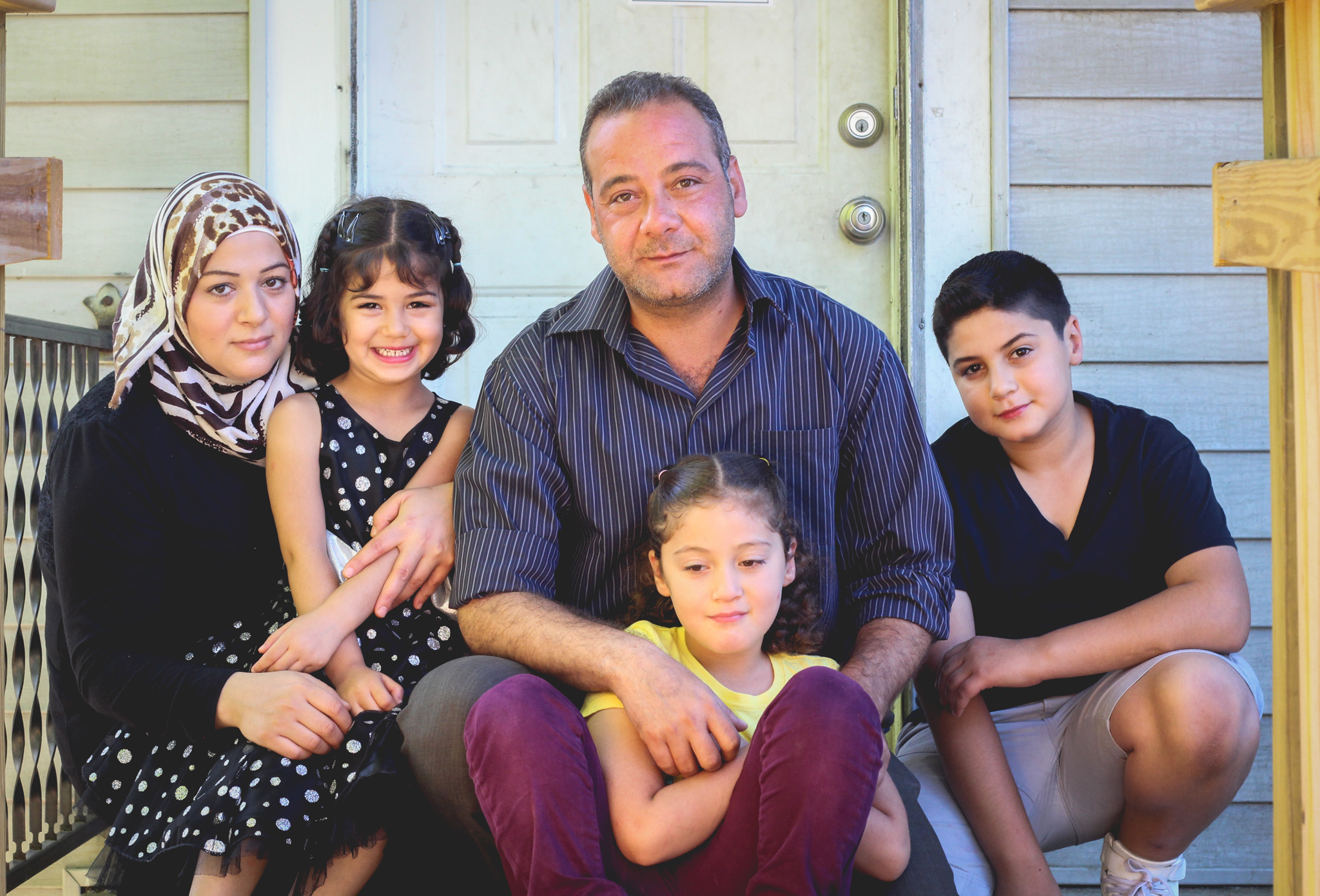
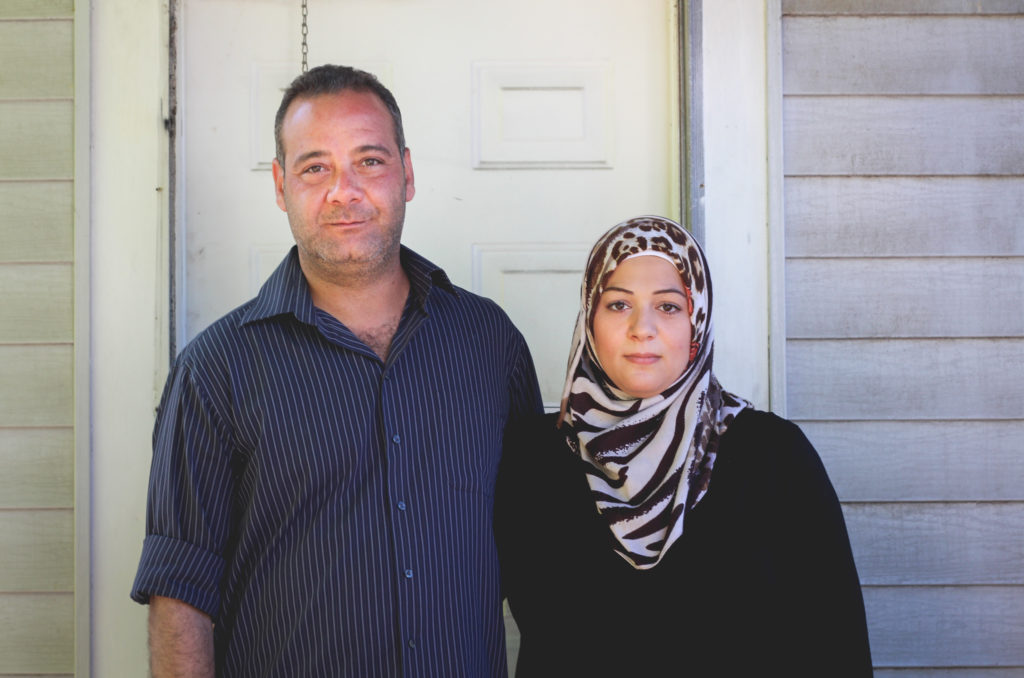
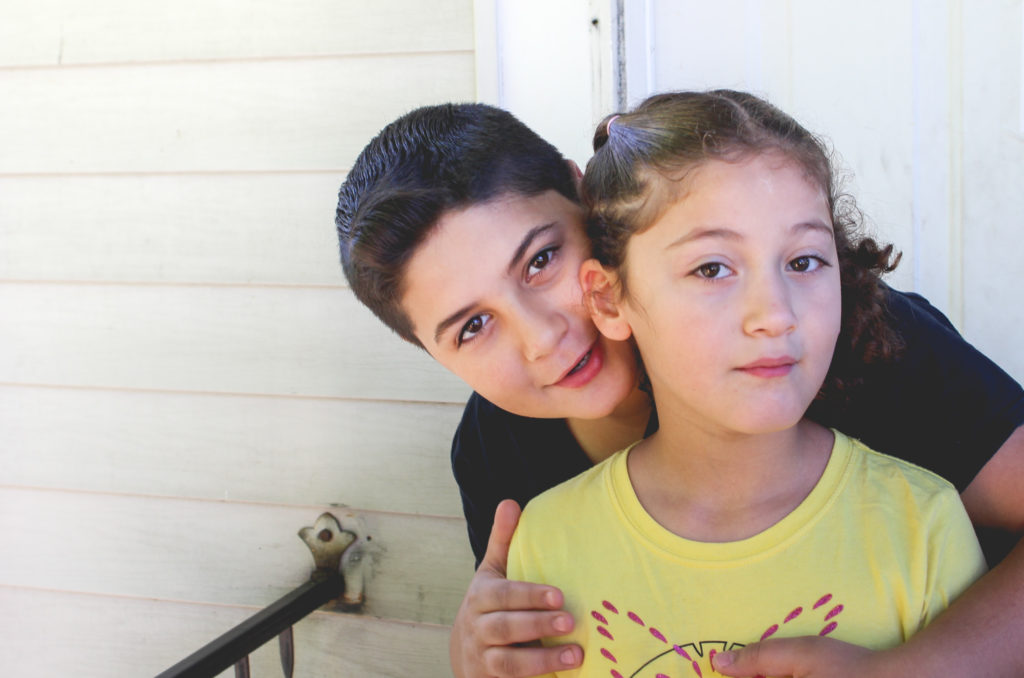
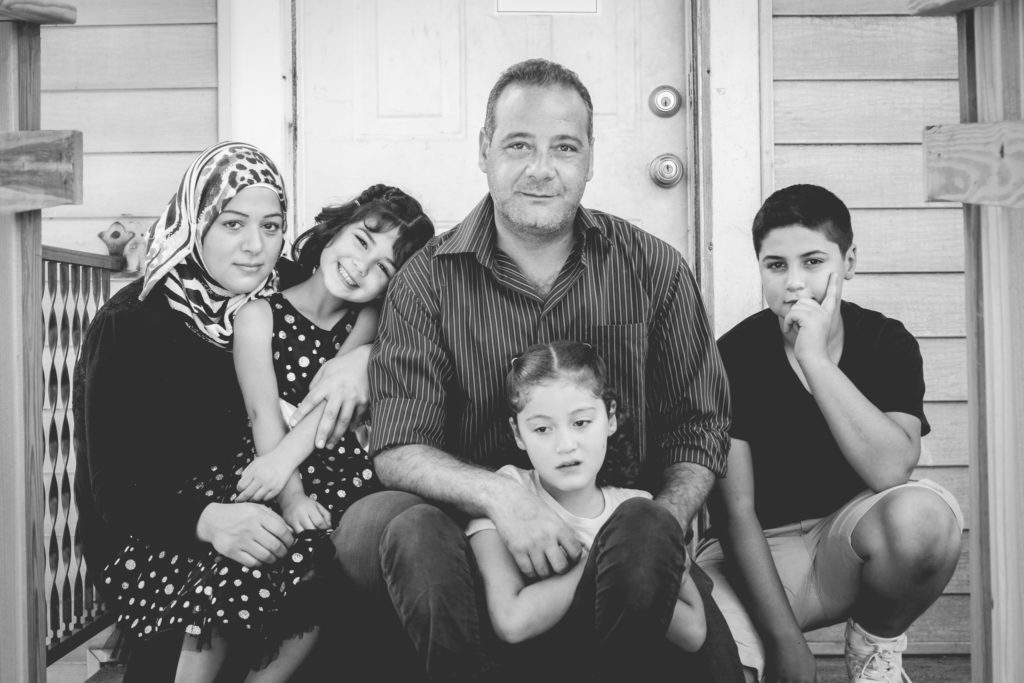
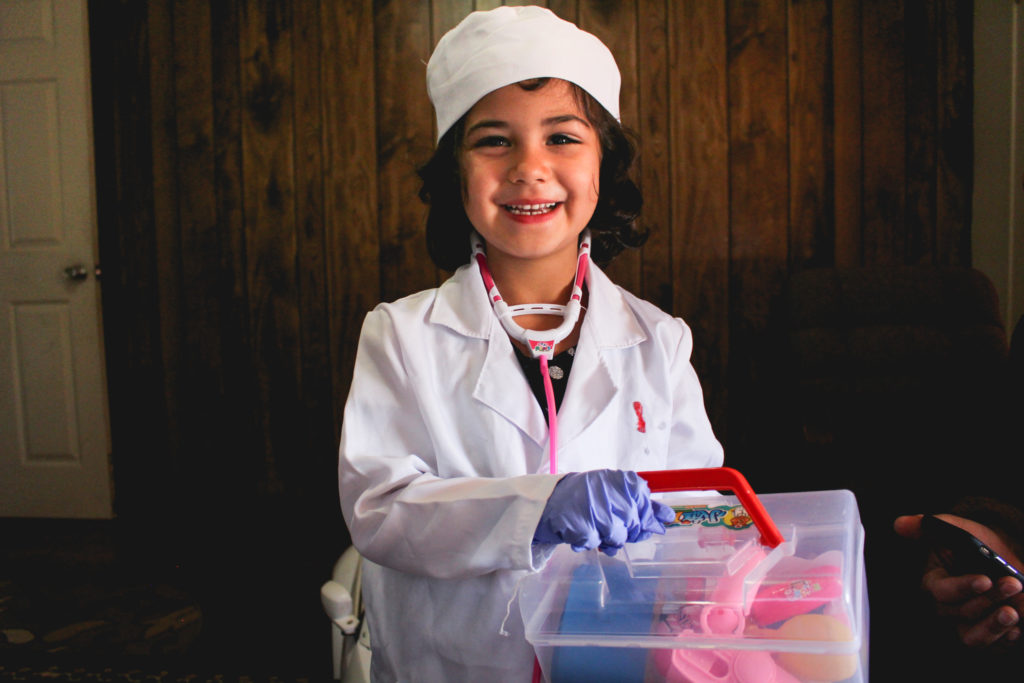
You must be logged in to post a comment.